The Anatomy of a Good Recipe
Do you remember that time when you tried a new recipe—and after hours of cooking, the end result looked nothing like the gorgeous photo? Well, don’t blame your culinary skills. It might have been the recipe itself. From Grandma’s scrappy note in her cookbook to a professional chef’s detailed guide, all recipes should contain a certain amount of information. As Dorian, I've been trying and testing recipes for years, and I can tell you that extras like alternative ingredients, storage tips, and nutritional information usually come in handy!
Finding the right Ingredients
Have you ever encountered a recipe with terms like "a pinch of this" or "a dollop of that"? As delightful as such terms might sound, you need to know the exact amounts of ingredients. A good recipe will list all ingredients in the exact measurement necessary, including alternative ingredients for people with dietary restrictions, allergies, or simply different preferences. And remember: the ingredients should be listed in the order they are used in the steps. It helps to keep things organized, reduce confusion, and overall makes your cooking experience a lot more enjoyable. A bonus tip: always double-check the ingredient list before starting. There's nothing worse than realizing you're out of a key ingredient halfway through!
Step-by-Step Instructions
Here's where the rubber meets the road, or rather, where the skillet hits the heat: the instructions. A good recipe will guide you through the cooking process with clear, easy-to-follow instructions. Heavily jargoned steps like 'deglaze the pan' or 'fold in eggs' can confuse beginners. Therefore, explanations of such terms or supplementary resources are always appreciated. Also, the steps should be broken down to cover one action each. Multi-step instructions can lead to crucial details being missed. For instance, “preheat the oven and mix the dough” can lead to an unprepared oven, as your focus was more on mixing the dough.
Equipment Needed
Just as recipes should list all the ingredients you'd need, they should list out the equipment too. Imagine starting on a recipe only to realize halfway that it requires you to churn butter with an ice-cream maker! Not much fun, huh? This list can range from the kind of pan or pot needed to the specific utensils and even down to the type of stove. Some dishes taste entirely different when cooked in an electric stove versus a gas stove, so that information can be pretty crucial!
Serving size and portions
Recipes are like roadmaps that guide us on our cooking journey and allow us to feed our hungry families or ourselves! One crucial information that sometimes gets overlooked is the serving size or portion information. Cooking a dish for two people is not the same as preparing a meal for a large family dinner. Knowing the portion size is important for many reasons like budgeting, health consciousness, meal planning, and most importantly, ensuring everyone leaves the table full and happy!
Providing Clear Timings
Would you embark on a three-hour drive without knowing it was three hours? I bet not. Yet, many cooks, amateur and professional alike, will start a recipe without a clear understanding of the true cooking time. A good recipe will clearly delineate the prep time, cooking time, and any extra time needed for things like chilling or marinating. It will also highlight steps that can be done concurrently to save time. But remember, these are usually estimations, so always keep an eye on your dish!
A Touch of Personality
Reading and following a recipe is more than just a utilitarian list of steps to be followed - it's an adventure in flavors and techniques, often flaunting the writer's personality. A good recipe would include not just the basic information but also cooking tips, anecdotes, and even the story behind the dish. This not only makes the recipe an entertaining read but also gives it a personal touch, making the whole cooking process more engaging and enjoyable.
Back in 2015, I once invited a number of guests for a dinner party. I planned for a special new dish from a recipe I had recently found. Unfortunately, the recipe hadn't properly indicated the cooking time, and there I was, guests arrived, and my main course was nowhere near to being cooked. Lesson learned - always look out for a well-rounded recipe!
Understanding what good recipes should contain can significantly improve your cooking skills and elevate your meals, whether you're cooking for family, friends, or just yourself. To quote Julia Child, “No one is born a great cook, one learns by doing.” And we all need a good starting point, and that starting point should always be a well-detailed recipe.
Conclusion
In conclusion, while every cook might have different needs, preferences, and skill levels, certain fundamental information should always be found in every recipe. It makes the cooking process easier, more enjoyable, and more likely to turn out a delicious result. And remember folks, life's too short for bad recipes. Happy cooking!
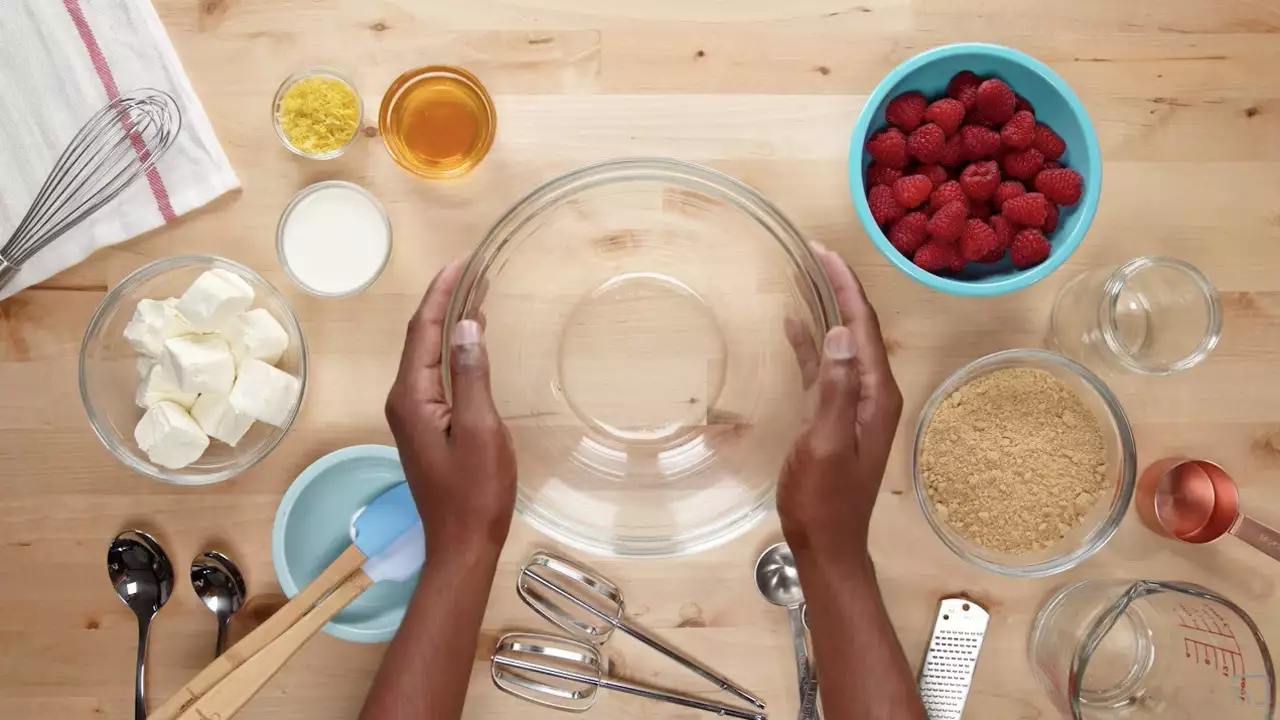


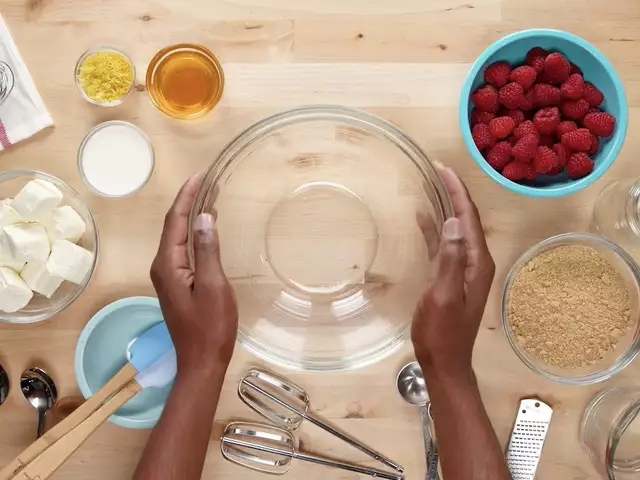
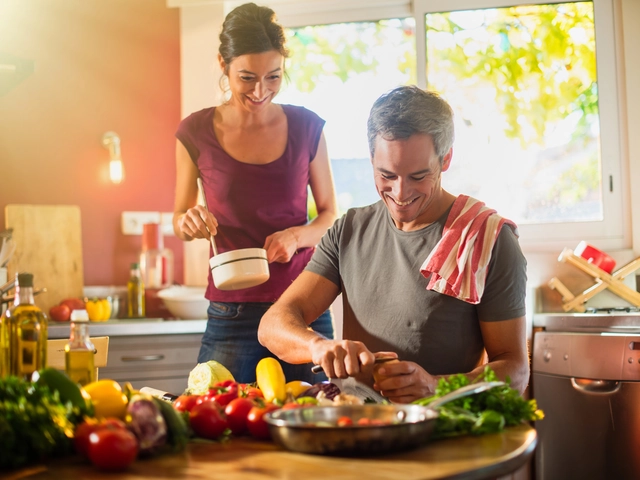
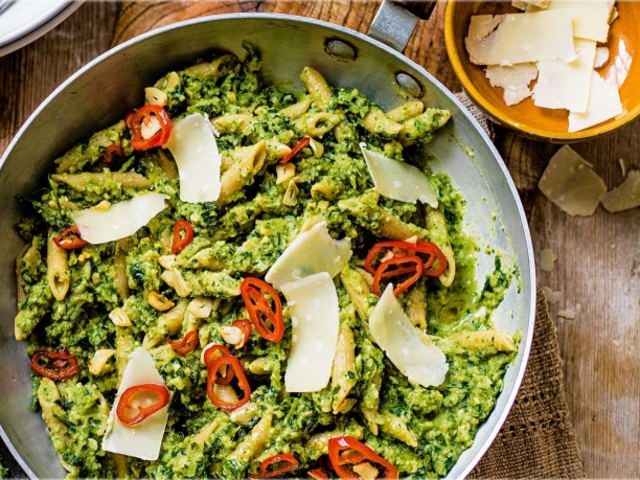
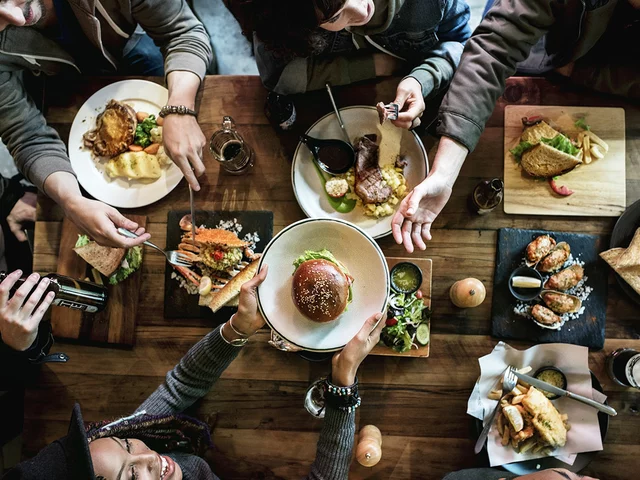

Write a comment